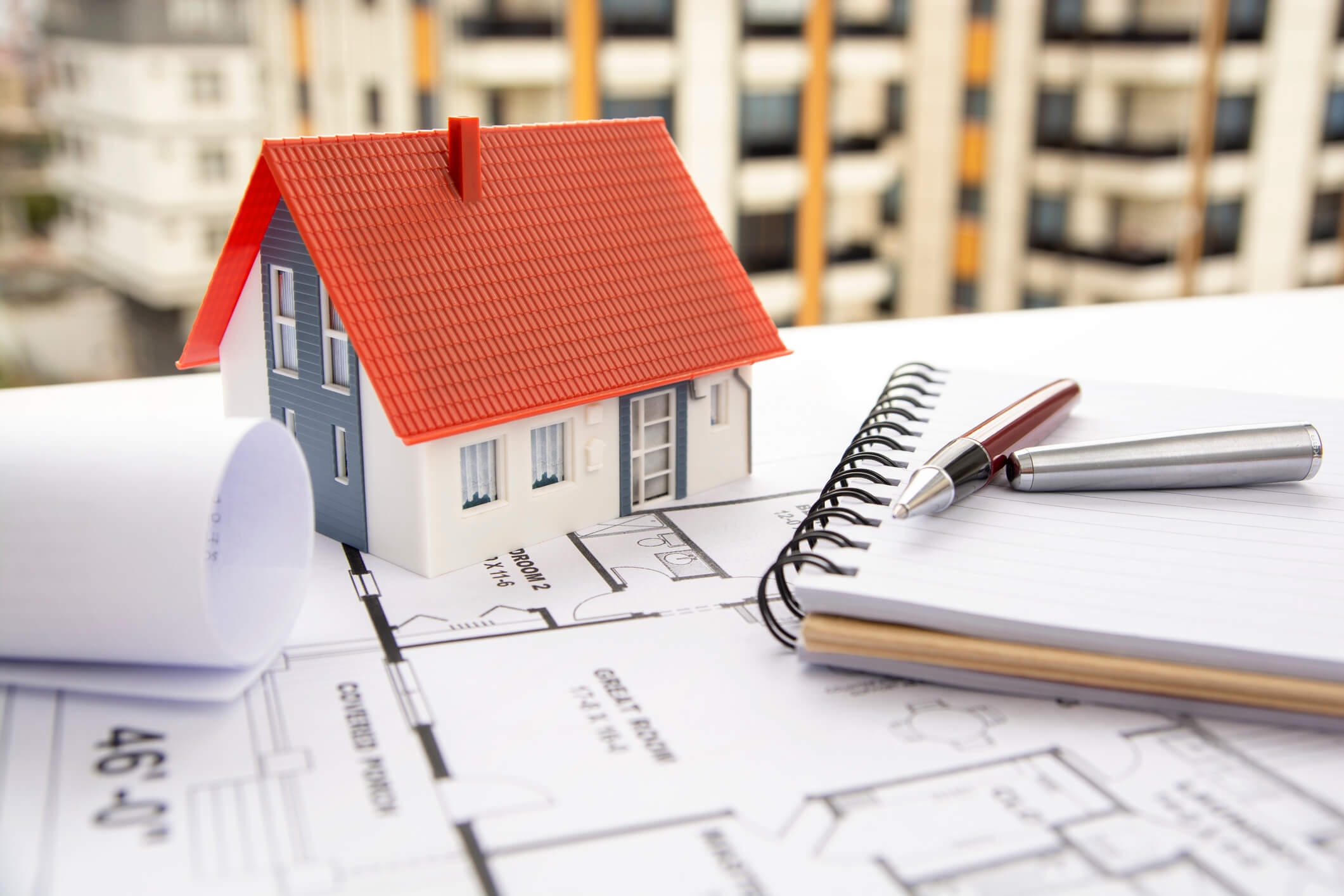Understanding the Function and Impact of Property Developers in Real Property
Understanding the Function and Impact of Property Developers in Real Property
Blog Article
In the ever-changing world of real estate, property developers stand as a major player, playing a key role in the transformation of landscapes and cityscapes across the globe. Their role goes beyond mere construction, it's the delicate dance of vision, investment, and implementation. Developers are the architects of contemporary cities. They shape not only the buildings, but also entire communities. Understanding their significance unveils the complex web of influence they weave and their influence on the built environment.
A key element of the job description for a property developer is the complex dance of imagination and practicality. They design plans that do not just meet demand from the market, but also fit with the unique character of their environment. From commercial and residential developments to hubs, each development undergoes rigorous planning to ensure that it aligns with zoning regulations in addition to environmental factors and the needs of future occupants. Working in conjunction with architects urban planners, engineers and architects Developers bring life to blueprints and oversee the construction process from inception to completion.
But, the desire for profit can sometimes clash with broader societal interests. One of the issues surrounding property developers is the trend of gentrification. When they make investments in shabby communities or old districts properties appreciate in order to attract wealthy people and businesses. While this injects new vitality to once decrepit areas, it also displaces local businesses and residents who are long-time residents, exacerbating socio-economic disparities. Finding a balance between revitalization initiatives and preservation of community identity and affordable living is a major problem for both policymakers and developers alike.
Within the world of finance real estate developers have a lot in common to orchestrators conducting the orchestra of investments for their daring projects. The process of securing capital requires a mix of debt, equity, as well as sometimes incentives from the government. Developers need to convince investors of their potential return and the viability of their ventures, while balancing risk and reward. Financial acumen is paramount for successful developers, since they must handle cash flow flows, manage the risks, and respond for market changes to ensure the viability of their project. To gather extra information kindly head to akisama.com.my/
The role played by real estate developers isn't in a vacuum, given that they can be viewed as damaging or disruptive to existing communities. The effects of displacement, gentrification and affordability issues frequently arise in fast-growing neighborhoods and raise concerns over the social justice and inclusion of all. The argument is that development without a check places profit margins above the interests of long-term residents increasing income inequality and cultural homogenization. In balancing the interests of many parties, such as residents, policymakers, and investors, is critical to addressing the challenges that arise and encourage sustainable urban development.
While pursuing profits real estate developers bear major responsibility to sustain and impact on society. Sustainable building practices such as energy efficiency, green buildings, as well as green space are becoming focused on to lessen the environmental footprint and enhance quality of life. In addition, developers play an important role in affordable housing initiatives to address societal inequality and housing shortfalls. In embracing sustainable and inclusive development practices, developers not only mitigate risks but also help to ensure the resilience and vitality of communities.